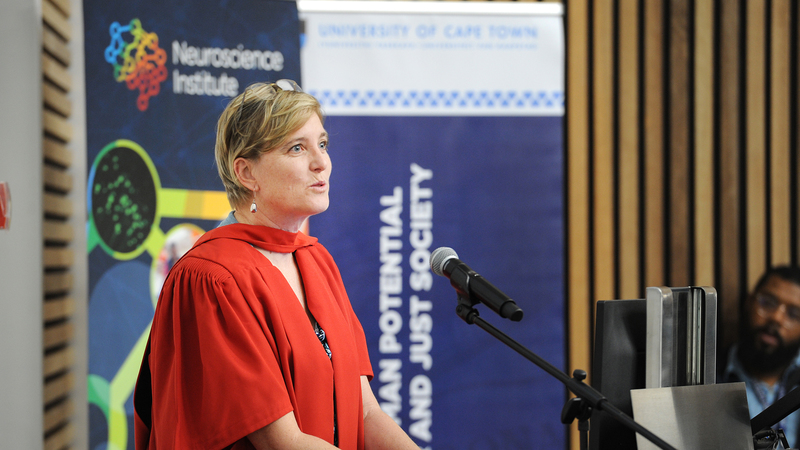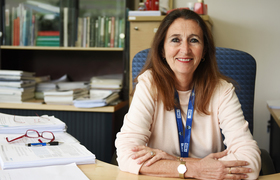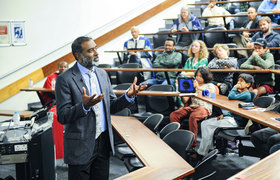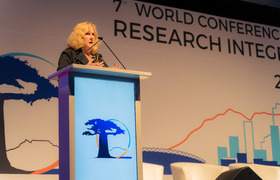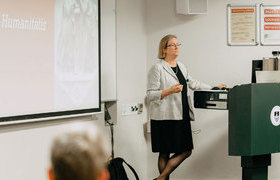Context matters: Understanding childhood brain development
15 May 2023 | Story Kamva Somdyala. Photos Lerato Maduna. Videography & Video Edit Ruairi Abrahams. Read time 5 min.On Wednesday, 10 May, the University of Cape Town’s (UCT) Professor Kirsty Donald delivered her inaugural lecture, titled: “Context matters: Risk and resilience in early childhood brain development”. The lecture, which took place at the Neuroscience Institute, was the second in the series.
A good way to understand how childhood brain development works, is to understand the moving parts associated with the child – from pre-birth to early age, said Professor Donald during her lecture. Donald posed the question: “Why do we need to look at early life?” The answer, she said, lies in the fact that “brains are not organs sitting on their own”.
“As the brain develops, we have an intrinsic capacity and inherent potential which is informed by genetics, but we build our brain as we are using it; shaping it both by our inherent capabilities as well as being impacted by the environment; by caregiving and other important relationships.”
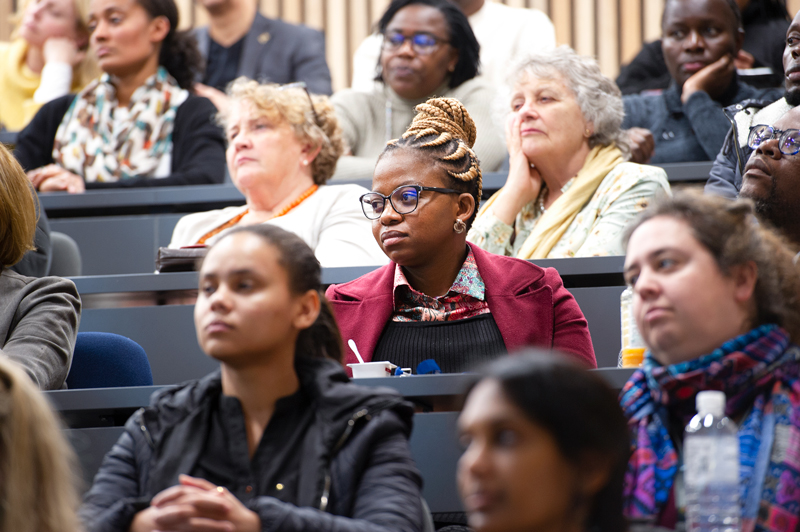
She added: “None of this means anything without that context. The period before birth is a critical part of laying down the structural foundations of your brain. But the skills you gain in that first year-and-a-half are very tightly packed into windows of opportunity; sensory, language and higher cognitive function.”
At the same time, she cautioned this may lead to some children being left behind because they are not in the right environment or conducive relationships to develop those skills to their best potential.
“Projections show children will remain the focus of Africa’s population.”
“Why children? Africa has a young population. Projections show children will remain the focus of Africa’s population. And while it is projections, the point is clear: we have a big responsibility to get it right,” Donald continued.
To this end, Donald’s focus has been children with neurodevelopmental conditions which include autism, global developmental delays, epilepsy and cerebral palsy.
“It is widely acknowledged that many of these conditions have a strong genetic component, however, environmental risk plays a role in how children present differently – and in addition, there are many preventative secondary causes. Therefore, children grow up in an environment which may either support their developmental potential or put it at further risk,” she said.
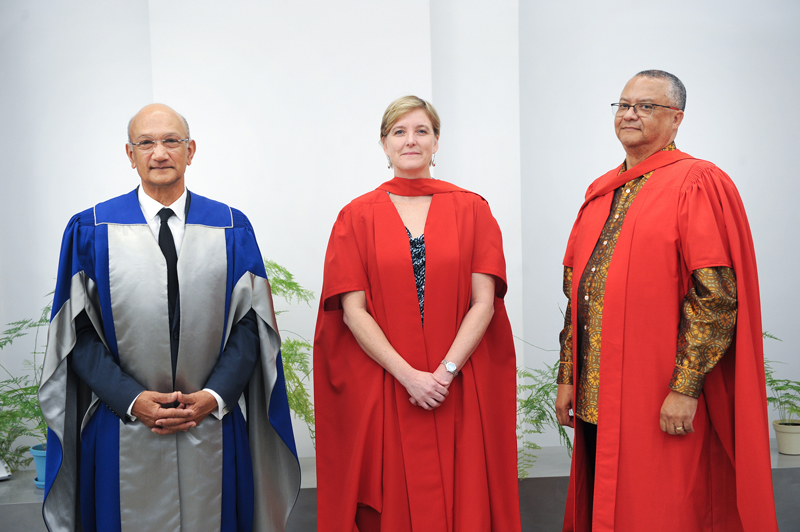
Having done a current study about genetic variation in neurodevelopmental disorders on the African population, one of the conclusions Donald and her colleagues reached is that developmental conditions remain stigmatised.
“Many children who have milder neurodevelopmental disorders who may benefit from intervention are not being seen in our medical services.”
Design interventions
Three focus areas – environmental impact, how children living with HIV present, and the effects of substance abuse on the part of mothers during pregnancy – each revealed its own unique reconnaissance in the broader body of work.
“It may seem like a depressing story to say we have an environment of high risk, but we have an opportunity to understand that risk, and design interventions that are relevant and correctly placed,” Donald said.
“I was seeing many children who were HIV-infected, presenting often with severe neurological conditions.”
“I was seeing many children who were HIV-infected, presenting often with severe neurological conditions. I was encouraged to develop a service for the children, housed at Red Cross Children’s Memorial Hospital.
“Here I diagnosed and managed some hundreds of children living with HIV who also had epilepsy, global developmental delays, growth and motor disorders.”
Speaking about children with behavioural and developmental conditions associated with substance abuse, Donald focused first on establishing whether the impact of prenatal alcohol exposure could be detected in the first weeks of life using neuro-imaging approaches.
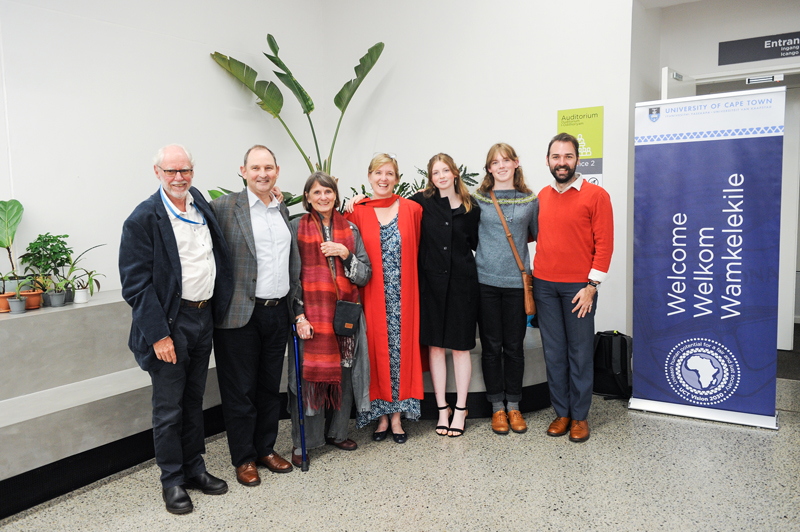
“It can be detected in early life in the structure and major pathways linking important regions of the brain as well as their organisation and that this correlated with early developmental outcomes,” she said.
Therefore, the underlying networks for later development are impacted by a host of factors that begin before birth and continue well after birth.
“To best support the potential of children’s development across all contexts, we need to understand what the universal themes are, but also what factors are relevant in our context and region.”
 This work is licensed under a Creative Commons Attribution-NoDerivatives 4.0 International License.
This work is licensed under a Creative Commons Attribution-NoDerivatives 4.0 International License.
Please view the republishing articles page for more information.


